Climate Change and Wine: What’s Next?
Overview
Climate change is shaking up the wine world. Rising temperatures and unpredictable weather are challenging grape growers everywhere. But there’s hope—sustainable wineries are stepping up with smart solutions. This article dives into Climate Change and Wine: What’s Next?, spotlighting Jackson Family Wines and their award-winning wines.
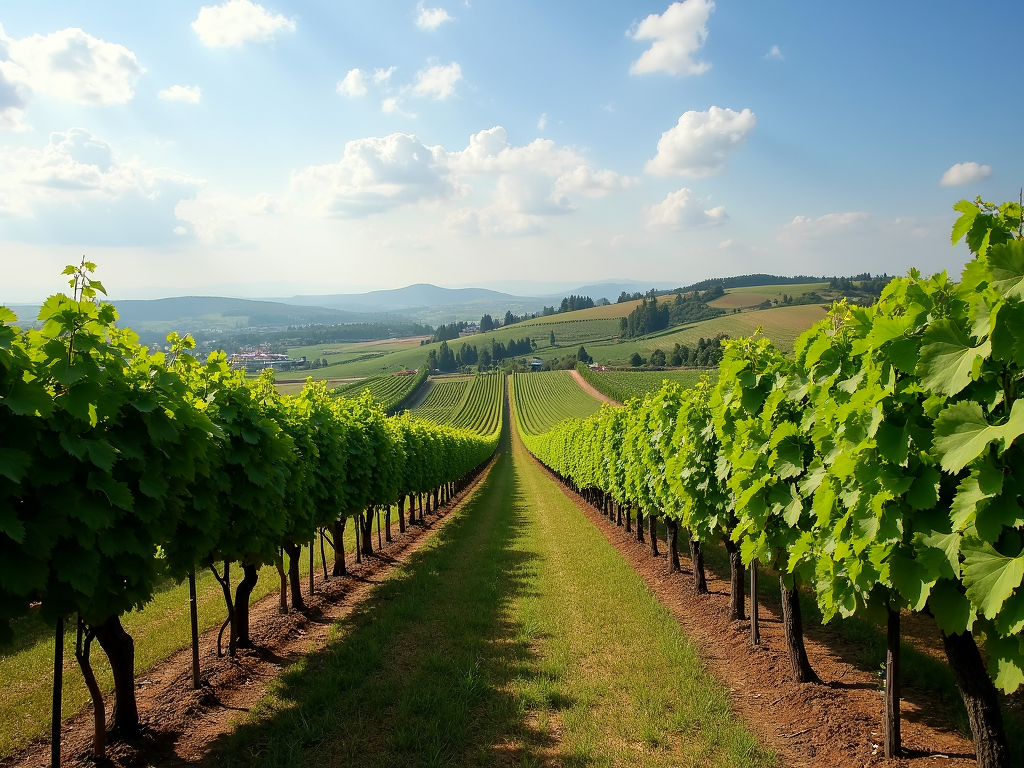
How Climate Change Affects Wine
Wine starts with grapes, and grapes are picky about weather. Even small changes can make a big difference. Research from the University of California, Davis shows that warming temperatures could cut suitable grape-growing land in half by 2050 (source). That’s a wake-up call for winemakers.
Here’s what’s happening:
- Hotter Days: Temperatures are climbing. Grapes ripen faster, boosting sugar and dropping acidity. This can make wines taste sweeter or less crisp.
- Less Water: Droughts are hitting hard. Vineyards need water, but there’s less to go around. Smart irrigation is now a must.
- Wild Weather: Storms, frosts, and heatwaves are more common. They can wreck crops in a flash.
Traditional spots like Tuscany or Napa Valley are feeling the heat—literally. Winemakers are scrambling to keep up.
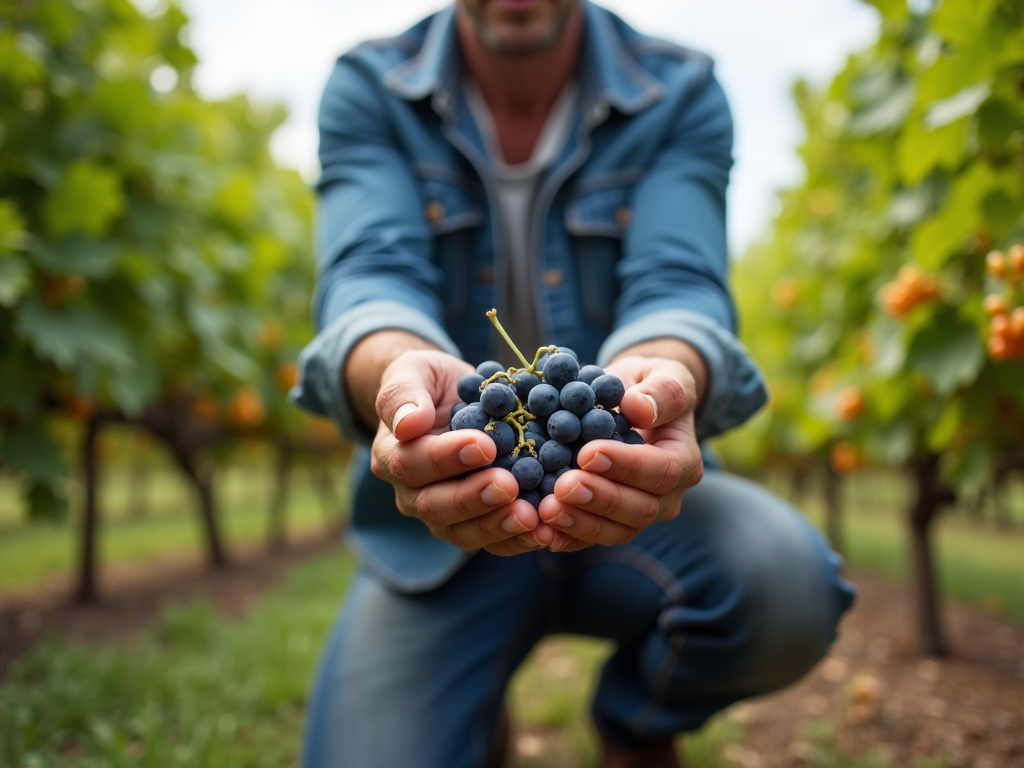
Why Sustainable Wineries Are the Future
Sustainable wineries aren’t just a trend—they’re a lifeline. They tackle climate change head-on while keeping wine quality top-notch. Here’s why they matter:
- Healthy Land: They use natural methods like planting cover crops or composting. This keeps soil rich and alive.
- Smart Energy: Many switch to solar or wind power. Jackson Family Wines, for example, powers their vineyards with solar panels (source).
- Tougher Vines: Sustainable practices build resilience. Better soil holds water longer, and diverse plants fight off pests naturally.
Take Jackson Family Wines. They’re not just making great wine—they’re doing it right. Their sustainable efforts have earned them awards and respect. It’s proof that going green pays off.
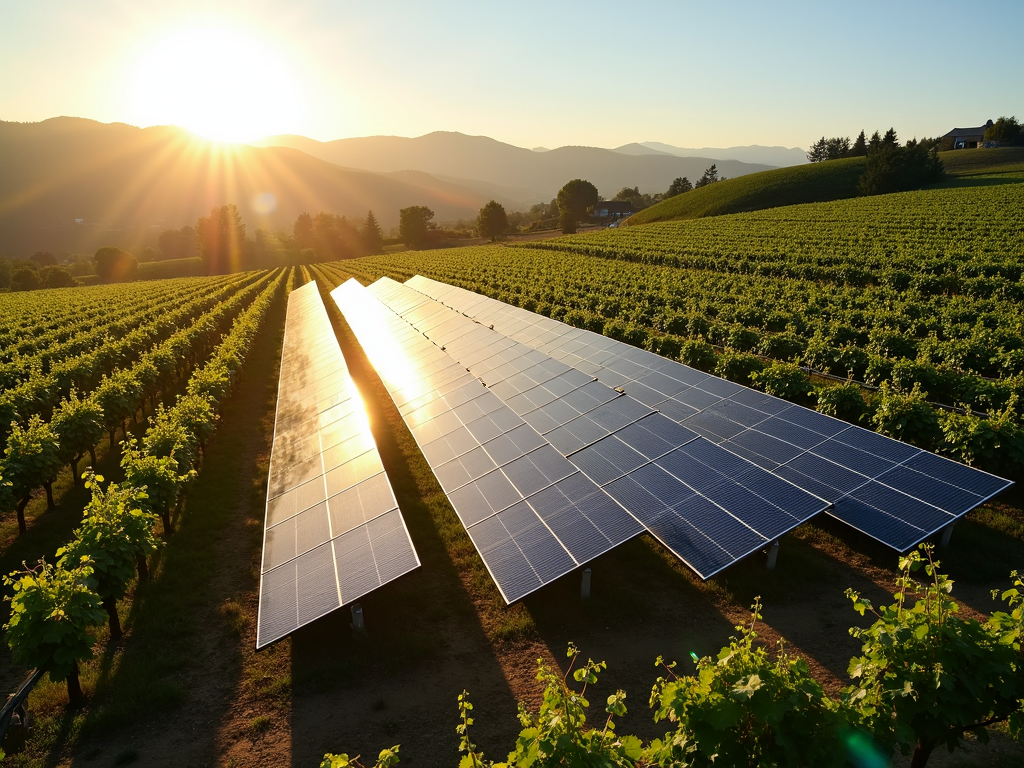
Exploring More Award-Winning Wines
Great wine doesn’t have to harm the planet. Jackson Family Wines proves it with their Jackson Family Wines award-winning wines. Here are some standouts:
| Wine | Why It’s Special |
|---|---|
| Kendall-Jackson Vintner’s Reserve Chardonnay | Rich and smooth, with sustainable roots. |
| La Crema Sonoma Coast Pinot Noir | Bold flavors from a cool coastal region. |
| Stonestreet Estate Cabernet Sauvignon | Deep and strong, from mountain vines. |
These wines win awards because they’re delicious—and because they’re made with care. Choosing them means supporting a better future for wine.
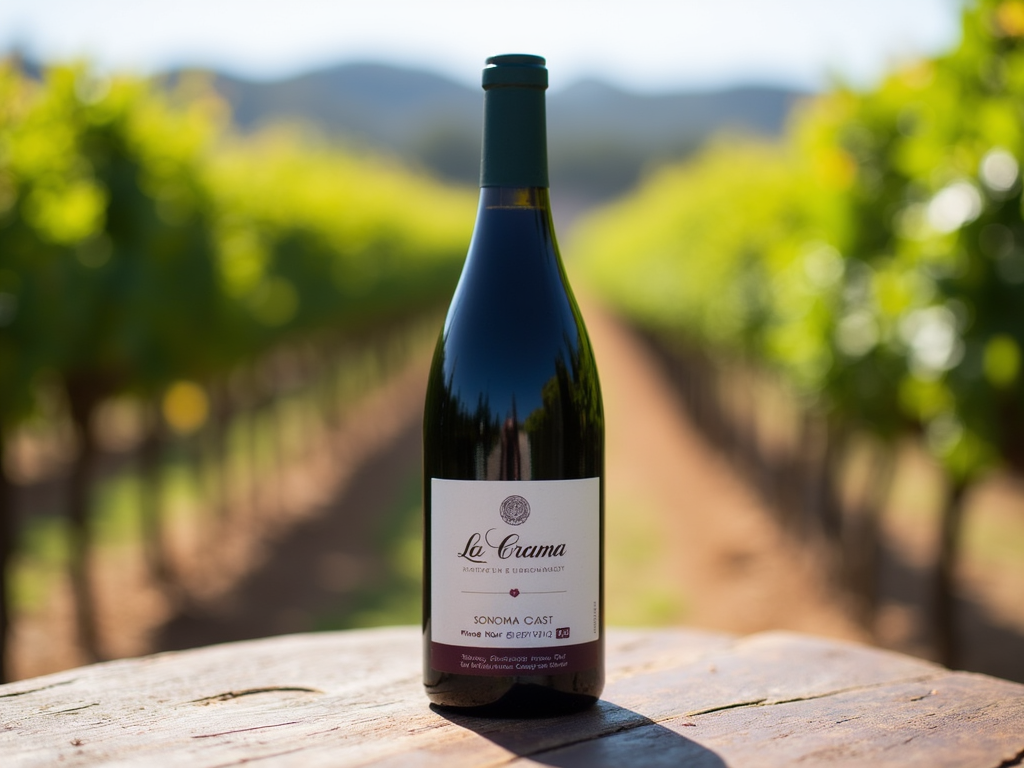
My Take: Tasting Sustainability
Last summer, I visited a winery in Sonoma. The air smelled of earth and grapes. The winemaker showed me their drip irrigation system—tiny tubes saving every drop of water. We tasted their Pinot Noir, and it hit me: bright cherry notes with a smooth finish. Knowing it came from a place that respects the land made it taste even better. That’s the magic of sustainable winemaking.
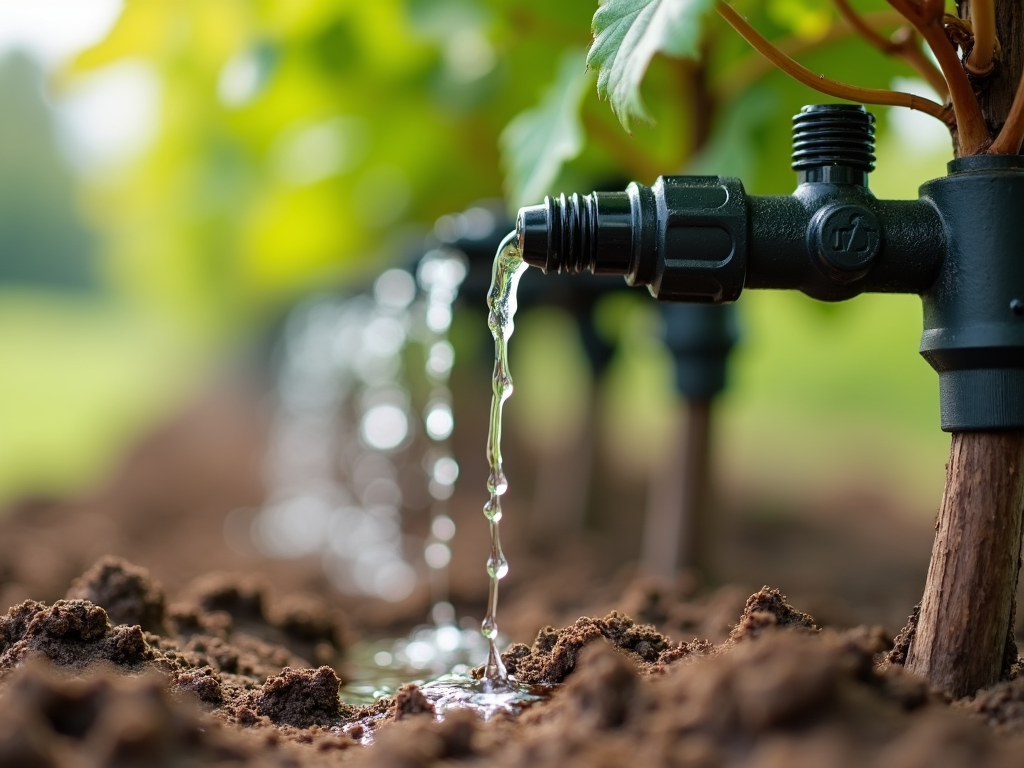
What’s Next for Wine?
Climate change isn’t slowing down, but neither are winemakers. The National Oceanic and Atmospheric Administration (NOAA) warns that extreme weather will keep testing vineyards (source). Sustainable wineries are the answer. They adapt, innovate, and thrive.
Jackson Family Wines sets the bar high. Their award-winning wines show that sustainability and quality go hand in hand. As drinkers, we can help by picking bottles from wineries that care. It’s a small choice with a big impact.

Summary
Climate change is pushing the wine industry to evolve. Hotter days, dry spells, and wild weather threaten grapes, but sustainable wineries are fighting back. Why Sustainable Wineries Are the Future isn’t just a question—it’s a fact. Jackson Family Wines and their award-winning wines lead the way. Sip smart, and support the planet.